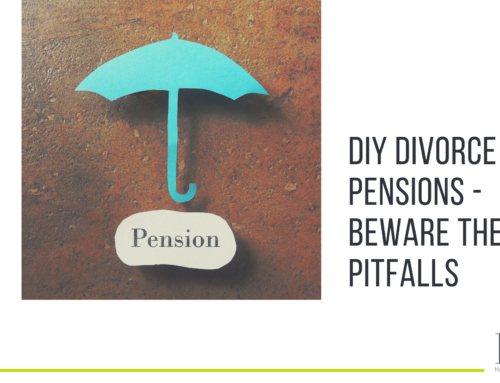Same sex couples who marry will now enjoy the same pension benefits on death as heterosexual married couples following a landmark ruling at the Supreme Court this month which resulted in immediate changes to the law.
Retired businessman John Walker brought the case to give his husband the same pension benefits on death that he would have enjoyed as a wife.
This landmark case has levelled the playing field for married couples, although it is worth noting that couples who live together do not acquire any rights over the other’s pension fund, whether they are in same sex or heterosexual relationships.
Walker retired in 2003 after a 20 year career with chemicals group Innospec during which time he paid into the company pension scheme. He and his husband have been in a relationship since 1993, entering into a civil partnership in 2006 and later converting this into a marriage.
If Mr Walker had been married to a woman, she would have received over £40,000 a year from the pension scheme after his death compared to the fraction that his husband would have been entitled to prior to this ruling.
The impact for same sex divorce settlements
Gay married couples already enjoyed pension equality on divorce before the Supreme Court ruling on death benefits. However, many would have been unaware of their claim on pension assets until now.
Pensions are significant assets which are far too frequently overlooked during both same sex and heterosexual divorce negotiations. They can be divided in a number of ways (read our article on dividing pensions for more information) and we advise same sex couples on the best and fairest options for their circumstances.
Pension sharing is one way to divide a pension asset but it isn’t suitable for all pension types and, whilst it often provides a fair solution for spouses who have stayed at home to bring up a family rather than building up a pension of their own, it may not be the best option for same sex couples. By providing a share of pension benefits, it offers long term financial support during retirement.
Alternatively, the pension value can be offset against other assets or part of the pension can be paid as a lump sum.
The value of pension assets must be taken into account in a divorce settlement but the only requirement is to provide a “transfer value”. We would always recommend this is supplemented by a professional valuation to determine the true value of the pension asset and its contribution to the final settlement.






